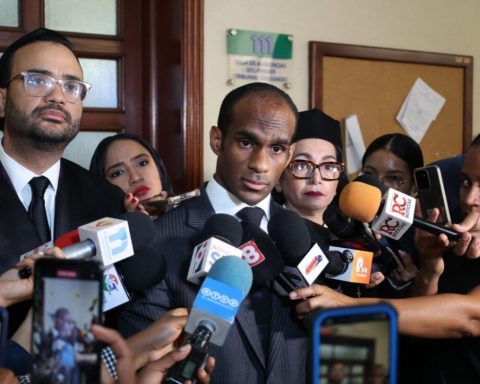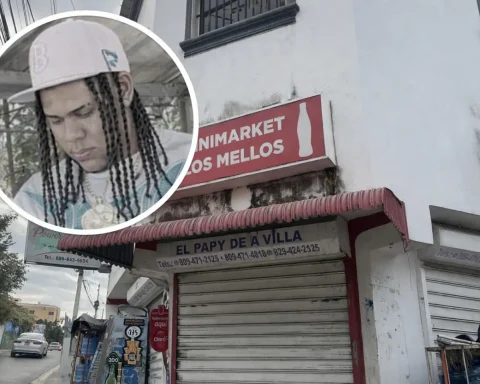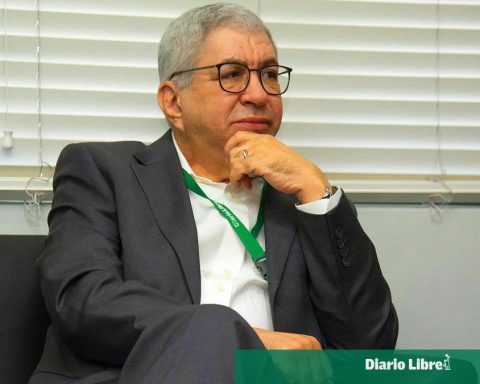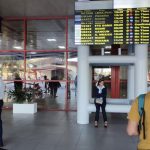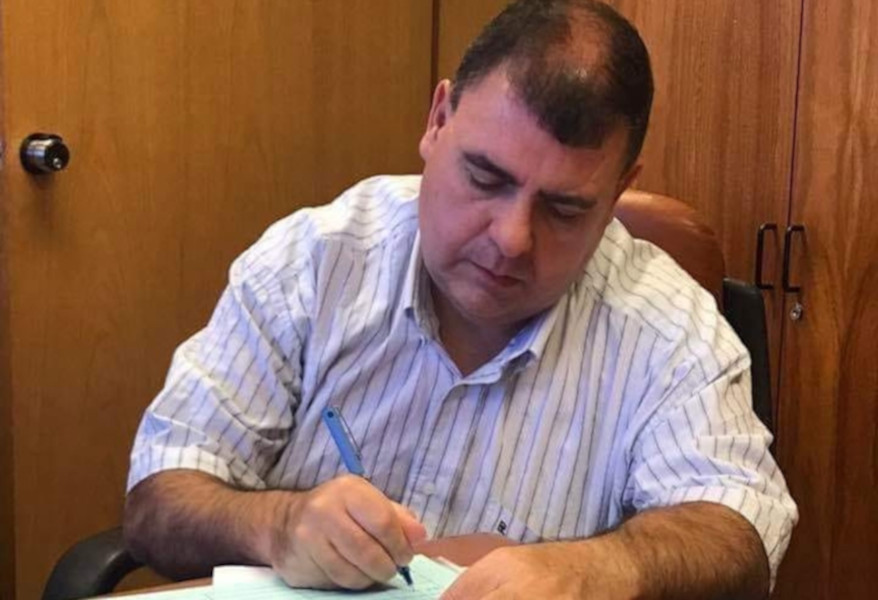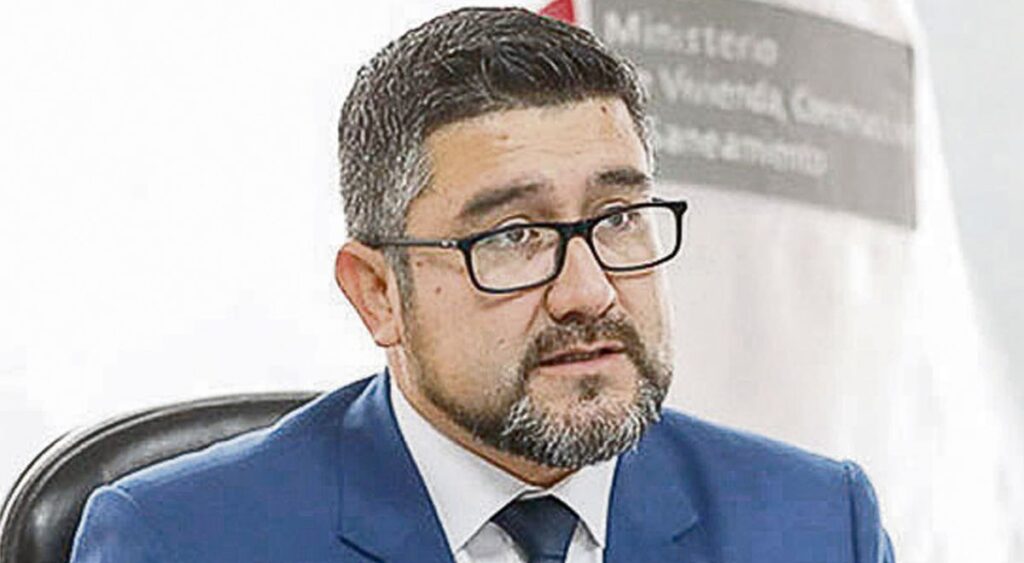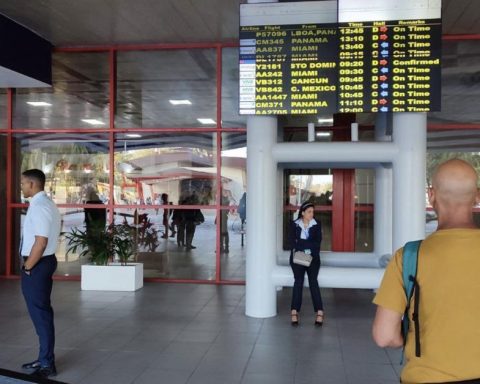For a few weeks, the Minister of Education, Ángel Hernández, has been talking about the need to reform the Organic Law of Education, 66-97. He, along with various voices, affirms that this is obsolete, distant from the current needs of the educational system.
On the other hand, before the opening of the 2022-2023 school year, different aspects of the education issue begin to circulate in the media. One of these is the cost faced by families to acquire school supplies. A note recently published by the CDN group estimates spending between 5,000 and 10,000 pesos per student. For a low-income family, this is a prohibitive sum.
Thus, both the reform proposed by Hernández and the difficulty of access for families to the tools to attend classrooms are related to article 63 of the Dominican Constitution. It establishes that:
“Every person has the right to a comprehensive, quality, permanent education, in equal conditions and opportunities, with no more limitations than those derived from their aptitudes, vocation and aspirations.”
At this point, several situations should be explored:
- The inability of households to manage resources and materials for the education of their children poses a violation of this right, due to the lack of opportunity that rests on this limitation.
- Part of the action proposals of the current education minister appeal to the participation of families in the formation of children. But the challenges of mobility, income generation and media represent a greater operational barrier than regulatory aspects.
- The lack of a solution to these points supposes making room for a vicious circle, in which poverty prevents educational improvement and the lack of educational improvement generates poverty.
The past introduction opens the way to the status of other age groups. Among these is the population that lives with some type of disability. In this sense, while for the family of a student without disabilities the cost of entering the classroom ranges between 5,000 and 10,000 pesos, the amount can double if it is a child with a disability. In other words, economic barriers are added to the vulnerability dependent on the physical or sensory condition.
This situation translates into low schooling for girls and boys with disabilities. Thus, the ENHOGAR Mix 2019 survey indicates that around 10 percent of children between the ages of 2 and 17 in the country have some kind of disability. The survey records only visual, auditory and physical-motor disabilities; and of these, only 6 out of 100 children with disabilities attend school. Likewise, 23% of children who do not attend school in the Dominican Republic have a disability.
This absence is usually related to the mobility difficulties of families and the resource demands of children and adolescents with disabilities. In this sense, a study for the Dominican Republic, on the socioeconomic impact of the Congenital Syndrome associated with the Zika Virus (SCZ), shows that this health condition imposes a significant economic effort on families, estimated at RD$9,600/month or 62 % above the minimum wage.
It should be noted that this calculation does not consider the acquisition of educational materials. It refers only to elementary aspects of daily life.
It is in the midst of this context that sustainable mobility intersects with the guarantee of the equal right to education. The mobilization of students with disabilities and their families is often challenging in terms of logistics and added cost.
In the Dominican Republic it is still an obstacle course to move to educational centers, work environments and health. The public transport system, except for the Santo Domingo Metro, lacks ideal conditions for users of wheelchairs or other means of movement to access friendly spaces.
In the same way, the lack of a transport service that allows the mobilization of students with disabilities from their homes to educational centers reduces the possibilities of receiving teaching. Mothers of children with disabilities are often forced to decide between assisting in employment or providing education for their children with disabilities.
Emphasis is placed on women because the available data indicates that 6 out of 10 children with a disability live only with their mother, due to parental abandonment. In other words, the picture of inequality and vulnerability of the homes in which a student with a disability lives becomes an insurmountable wall.
Consequently, there are three lines of approach that should be explored when reforming the education law, so that it becomes an instrument to guarantee equitable and equal access to education: - Consider the design of local channels for the provision of tools and support devices. These are currently provided by civil society organizations and in a few cases, by those who can buy online.
- Articulate the efforts of the Ministry of Education with the National Strategy for Sustainable Mobility. It is a way of reducing the economic burden of attending schools for children with disabilities.
- Consider accessibility in the digital programs contemplated for education in a hybrid format. This would increase the diversity of formats in which students with disabilities would access educational content. he

